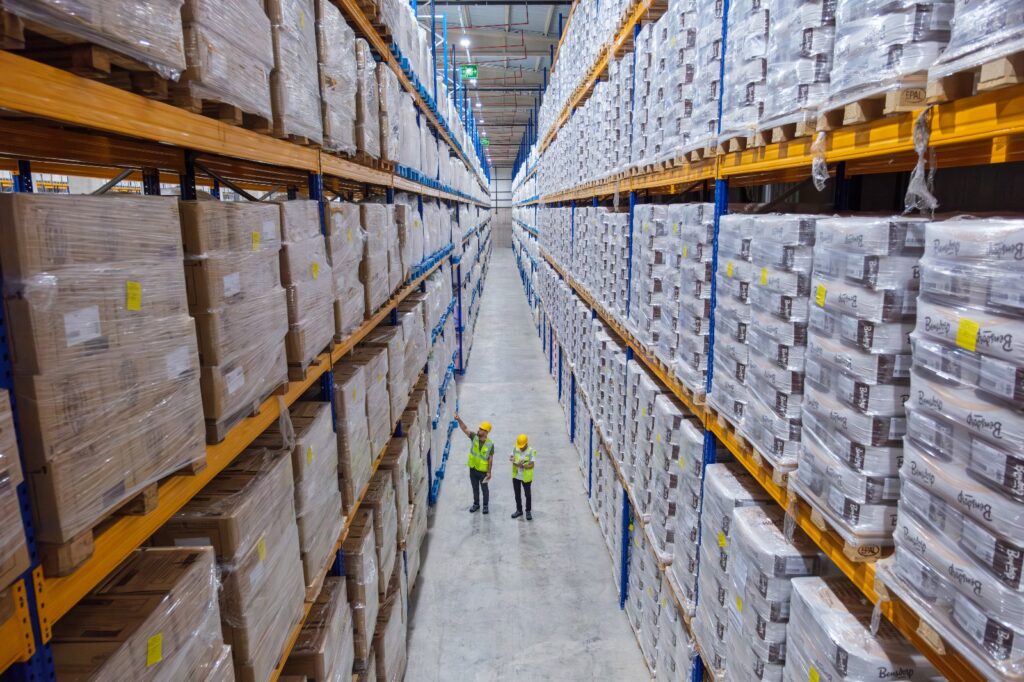Food
The food sector's need for external storage is closely linked to many factors such as the nature of the product, the dynamics of the market and the growth objectives of businesses. Here are the main reasons why the food sector needs external storage:
Product Specifications:
Fresh Products: Fresh products such as fruit and vegetables are not suitable for long-term storage. External warehouses help to maintain the freshness of these products by providing rapid cooling and distribution.
Cold Chain Products: Products such as meat, milk, ice cream are cold chain products that need to be stored at a certain temperature. External warehouses have the necessary refrigeration systems to store these products at appropriate temperature conditions.
Large Volume Products: Many products produced in the food industry can be bulky. External warehouses offer large areas for storing these products.
Market Dynamics:
Seasonality: Production and consumption of food products vary according to the seasons. External warehouses are used to store products produced during the off-season and release them to the market during periods of increased demand.
Demand Fluctuations: Sudden changes in market conditions can cause demand to increase or decrease. External warehouses offer a flexible storage solution to respond quickly to such fluctuations.
Global Markets: Food products are consumed throughout the world. External warehouses play an important role in the process of exporting and importing products to different countries.


Increasing Production Capacity: Businesses that want to increase their production capacity need more space to store their products. External warehouses contribute to the growth of businesses by meeting this need.
Reducing Logistics Costs: External warehouses help to optimize logistics processes and reduce costs.
Improving Customer Service: External warehouses increase customer satisfaction by ensuring faster and safer delivery of products to customers.
Advantages of External Storage Systems:
Flexibility: Storage capacity can be easily increased or decreased according to the needs of the business.
Productivity: Modern warehouse management systems can automate inventory tracking and order processing.
Security: External warehouses are facilities where all necessary measures are taken for the safety of the products.
Maliyet Optimizasyonu: It helps reduce logistics costs in the long run.
As a result, external storage in the food sector has a very important role in maintaining the freshness of products, responding quickly to market dynamics and achieving the growth targets of businesses. External warehouses increase the efficiency of the food sector and contribute to providing consumers with better quality and affordable products.
